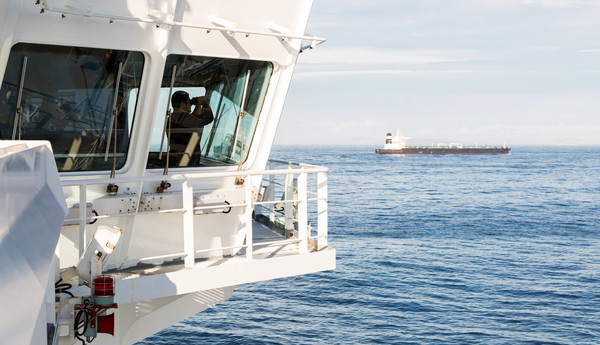The Gulf of Guinea security problem is an intractable set of circumstances featuring at its heart a nation afflicted by tribal tensions. The Gulf is rich in fish but Nigerian revenue is significantly impacted by illegal fishing, losing an estimated USD $600m whilst importing USD $800m, being the fourth largest fish importer after China, Japan, USA. The Nigerian Navy has had some notable success in arresting vessels fishing illegally. This sits alongside the continuing overall failure against pirates.
Nigeria is a proud country and does not want external help, specifically not naval interference. On the other hand it seems heedless of its lowly standing in the corruption index maintained by Transparency International. And even though Nigeria has now conceded that piracy should be recognised as a crime, there have been no prosecutions of genuine pirates.
It’s a known situation with inevitable attacks so a claims adjuster might ask whether a claim from such an incident would really be a fortuity. The recent dissolution of the safe anchorage (its very existence being an indicator of the problem) means yet more reliance will be placed on the local fleet of escort vessels that are available for hire.
During last year, it was obvious the range and ambition of the attackers was expanding, partly to avoid patrols, so the Joint War Committee (JWC) adjusted its reporting boundaries accordingly in September to improve awareness. The pirates soon reacted and attacks were reported further to the west, off Ghana. There is an unhelpful silence from the littoral states.
Flag is not a factor in targeting according to the International Maritime Bureau (IMB) but obviously the more vessels from any given flag that trade in the area, the more chance there is that one will be picked off. We know that crews are held in primitive conditions, and that the pirates take care to abduct the cook so he can look after the others in the jungle.
What can be done is a common question. It’s partly about hearts and minds and partly about drying up easy income streams and replacing them with something legitimate. Such criminality is born of conditions and attitudes ashore and until they change, very little progress can be expected.
